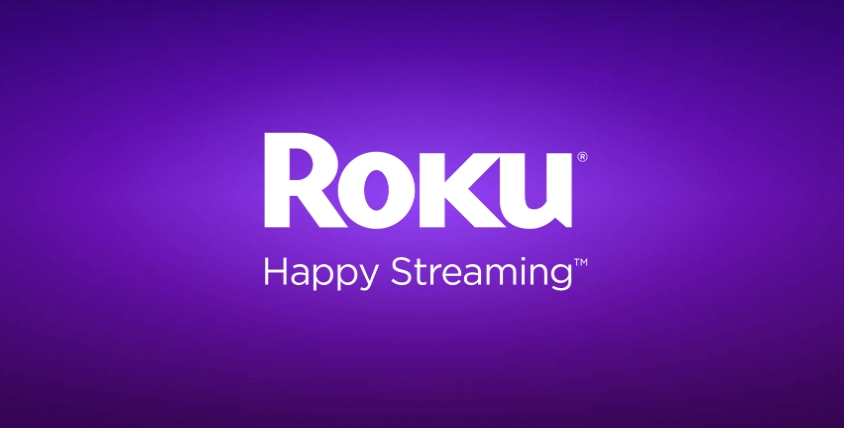Central Economic Work Conference: China Stocks Fall on Lack of Positive Policy Surprise

TradingKey - For investors in China’s equity markets, the various annual meetings of China’s policymakers are important events. That’s because the macroeconomic considerations – and moves – are much more important in China’s economy, where the government has a big role to play in the execution of both monetary and fiscal policy.
Earlier this week, there was a big policy event that took place in China; the Central Economic Work Conference (CEWC). This annual conference took place on Wednesday and Thursday (11-12 December).
The CEWC is typically seen as a precursor event to the much bigger National People’s Congress (NPC) gathering in March, where the government’s full-year growth target for the economy and more policy specifics are announced.
After the conclusion of the latest CEWC, on Friday morning Chinese stocks fell. The onshore CSI 300 Index – a benchmark made up of the 300 largest onshore Chinese stocks – fell over 1.7%. So, what do investors need to know about the CEWC and was anything significant announced?
Pledges by government not backed up by details
While President Xi Jinping did lead the CEWC and outlined that stimulating overall domestic demand was their top priority, there were a lack of more details.
This was half-expected by the market given the NPC is where more details are unveiled but – regardless – there was some optimistic hope that the government would surprise and help boost sentiment for the year-end period.
That’s particularly true as the CEWC comes only a few months after some significant monetary policy easing measures by the People’s Bank of China (PBOC) in late September, notably a reduction in market interest rates and a cut to the reserve ratio requirement (RRR) for banks. That ended up driving a market rally for a few weeks in China stocks.
Given that, the market was hoping for more coming into this meeting. Overall, the tone of the CEWC was positive, though, as they pledged to “lift consumption vigorously” while also vowing to strengthen social safety nets and promises to boost health care and pensions coverage.
All of the above would certainly help the consumption picture given that China’s consumption is still low relative to the rest of the world. Indeed, total household consumption makes up just over 39% of China’s GDP. That compares to upwards of 60% for many other global economies and, in the US, private household consumption makes up close to 68% of GDP.
Leaving policy specifics until Trump takes office
For most China watchers, it appears that the government is going to give itself flexibility by leaving out exact details until both the NPC and after Trump has taken office.
It will become clear, then, exactly what sort of tariffs the US will hit China with. That will allow China’s policymakers to better calibrate the policy support they will need to unleash in order for the Chinese economy to hit its growth target in 2025.
Earlier this week, on Monday 9 December, the Politburo had vowed to unleash “more proactive” fiscal tools while also utilising “unconventional counter-cyclical adjustments” in order to boost domestic consumption on all fronts, according to a readout of the meeting’s summary by Xinhua – a state-owned press outlet.
More broadly, the shift towards the government realising that consumption does need to be given a boost appears to be in motion. The government’s leaders did note “external challenges” and this commitment to boosting consumption strikes a different tone from previous public announcements that typically talk about taking a lead in cutting-edge manufacturing and investment.
Given this, investors can look forward to March 2025 – for more concrete details on the government’s policy support for China’s consumers – when the annual NPC takes place








